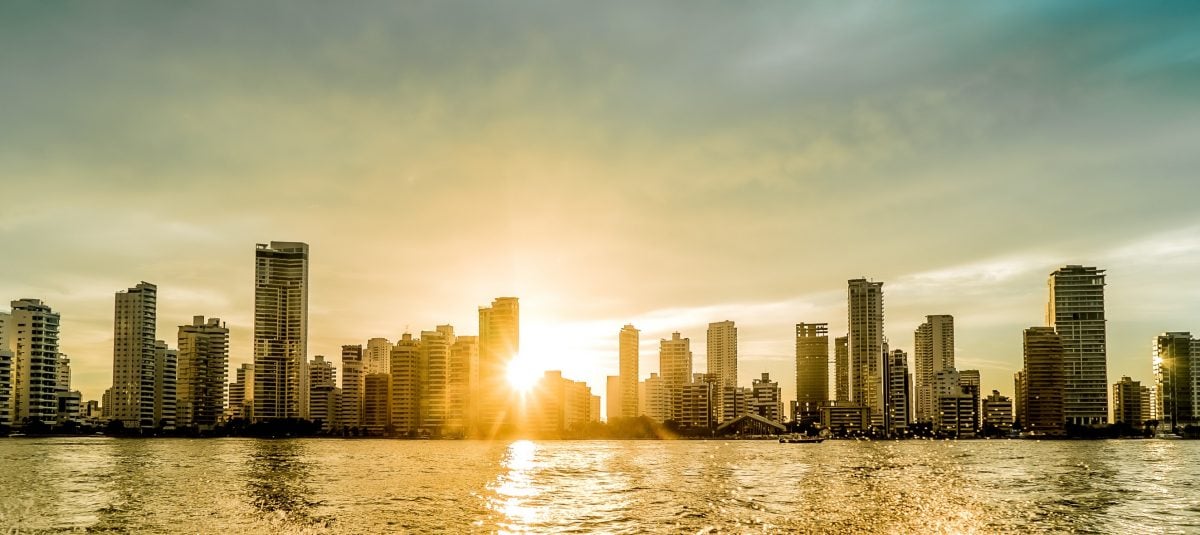Cooperative housing societies form the backbone of Mumbai’s residential landscape. Behind every high-rise is a democratic structure governed not just by house rules but by the Maharashtra Cooperative Societies Act, 1960. This powerful legislation, supported by its 1961 Rules and recent 2023 amendments, defines how societies are registered, managed, and held accountable. For RWAs in Mumbai, understanding this act is essential to ensure transparency, member rights, and seamless redevelopment.
What the Act covers and why it matters
The Maharashtra Co‑operative Societies Act was passed in May 1961 and came into force in January 1962 with the goal of promoting co‑operative principles across the state. The law applies to:
- Urban and rural credit co‑ops
- Consumer and service societies
- Agricultural and industrial co‑ops
- Crucially, housing societies built by members for members
Housing co‑ops must have at least five unrelated families or 51% of flats join the registration process. This ensures democratic control and accountability.
Key features every RWA must know
The Act is extensive, but these sections are particularly relevant to housing societies:
- Membership eligibility and limits: Societies cannot admit more members than the available flats. Transfers require dues clearance.
- Voting rights: One member one vote rule applies. Joint members vote in order of names; associate and provisional members have limited rights.
- Defaulter handling: Members who fail to pay dues within three months after notice are considered defaulters, barred from holding office or voting.
- Transfer on death: Shares pass to legal heirs or nominees, with clear guidelines for provisional membership.
- Member charges: Societies can place claims on share value for members who owe dues, even after passing away.
Governance and committee responsibilities
Each registered society must operate democratically:
- Managing committee: Elected annually with defined powers and duties supported by the Registrar’s oversight.
- Meetings: AGMs and general meetings follow prescribed notice periods, quorum standards, and pass resolutions according to the Act’s rules.
- Bylaws: Societies create their bylaws, subject to approval by the Registrar and consistent with the Act and the Maharashtra Co‑operative Societies Rules, 1961.
- Audits: Annual audits are mandatory; auditors are appointed by members and submit reports to the Registrar.
Recent reforms shaping Mumbai RWAs
2023 Amendment Act
In June 2023, Maharashtra passed a major amendment introduced as an Ordinance earlier that year. Key changes included:
- Defining “active members”, members must attend at least one meeting every five years or lose voting rights.
- Clarifying resident involvement to ensure better governance during elections and committee activities.
2013 Amendment
A 2013 ordinance widened member eligibility and incorporated reforms from the 97th Constitutional Amendment, which enshrined cooperative societies in the Constitution.
2025 Draft Rules
The Cooperation department has drafted updated rules to address modern challenges like maintenance disputes, online meetings, and succession matters. These include:
- Standardising maintenance charges per unit
- Capping interest on arrears at 12% p.a.
- Enabling legal status for online society meetings
- Clarifying quorum and fund management rules pending finalisation.
Practical benefits for Mumbai RWAs
By understanding and applying the Act, Mumbai RWAs can:
- Prevent bloated membership: Blocks excess members beyond the flat count.
- Ensure fair voting: Joint membership rules avoid disputes during polls.
- Clarify shares during death or transfer: A smooth process avoids delay in rights transfer.
- Protect against attachment: Member shares stay safe during unrelated legal actions.
- Manage defaulters: Legal tools to stop dues defaulters from voting or holding office.
- Strengthen transparency: Active-member definition ensures participation in AGM life.
- Modernise operations: Embrace online meetings, standardised maintenance, and response to redevelopment needs.
Set up and registration steps
- Gather members: Minimum five unrelated families or manage full flats purchase by allottees.
- Draft bylaws: Ensure alignment with model bylaws in the June 2025 draft rules.
- Submit to Registrar: Include application, list of founding members, bylaws, and registration fees.
- Notify changes: Register any amendments within the agreed deadlines.
- Maintain records: Annual audits, meeting minutes, member list, share transfers.
Redevelopment and redevelopment meetings
Redevelopment is a huge issue in Mumbai. The draft rules (2025) require 51% member presence in redevelopment meetings and video recording of developer selection. RWAs should register these processes under the Act to ensure transparent redevelopment decisions.
Real-life examples from Mumbai
- Eligibility enforcement: One Andheri society blocked membership after flat owners defaulted. RWA used the Act to reclaim share values and restrict voting until dues were cleared.
- Death succession clarified: A Bandra RWA adopted a nominee-based procedure to transfer rights smoothly to legal heirs.
- Defaulter action: In Mulund, an RWA froze voting rights and committee candidacy of members who were defaulters, protecting governance integrity.
- Redevelopment transparency: A Worli society insisted on video-recorded redevelopment meetings per draft rule guidance curtailing developer missteps.
The Maharashtra Cooperative Societies Act, 1960, is not just legal boilerplate; it’s a toolkit for effective, democratic, and modern society governance in Mumbai. From handling member transfers to standardising meetings, from redevelopment clarity to ensuring maintenance fairness, the Act empowers RWAs to run housing societies with fairness and foresight.
To read the full version of the Maharashtra Cooperative Societies Act, including all amendments and detailed sections, download the official PDF.


